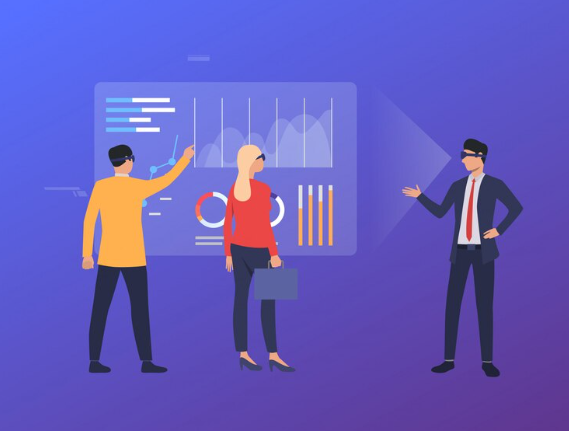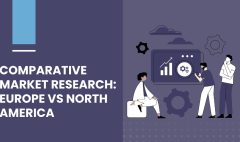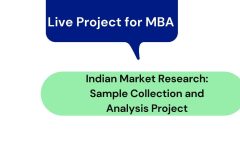Data-Driven Decisions
Data-Driven Decisions
Discover the transformative role of MBA graduates in the human services realm, where data-driven decisions are key to maximizing program effectiveness and social impact.
In an era where data is king, the field of human services is experiencing a paradigm shift. Gone are the days of intuition-based decisions. Today, the sector thrives on data, metrics, and concrete analysis — an area where MBA graduates excel.
Navigating Complexity with Data Analytics
The human services sector grapples with complex problems, often with overlapping causes and effects. MBA graduates, equipped with advanced analytical skills, are uniquely positioned to navigate this complexity. They’re trained to dissect big data, interpret trends, and extract actionable insights, ensuring decisions are informed, strategic, and impactful.
Outcome Measurement: Quantifying Impact
To secure funding and support, human services organizations must demonstrate their impact. Through skills honed in their MBA programs, graduates can develop and utilize effective measurement tools to quantify outcomes, translating anecdotal success into empirical data that resonates with stakeholders and donors.
Resource Optimization: Doing More Good
With often limited resources, maximizing efficiency is paramount in human services. MBA graduates use data to optimize resource allocation, identifying areas of greatest need and ensuring that personnel, funding, and efforts are directed for maximal effect.
Predictive Analysis: Anticipating Future Needs
Beyond addressing present needs, human services must anticipate future challenges. MBA graduates employ predictive analytics to forecast trends, prepare for emerging needs, and develop proactive strategies, positioning organizations one step ahead.
Resources for Data Analytics in Human Services:
- Social Solutions – Performance management software for human services organizations.
- National Human Services Data Consortium (NHSDC) – An organization promoting data quality and the use of technology to improve human services delivery.
- Urban Institute – A research organization dedicated to developing evidence-based insights that improve people’s lives and strengthen communities.
Conclusion: MBA graduates, wielding their expertise in data analysis, are transforming the landscape of human services. Their ability to interpret complex data, quantify outcomes, optimize resources, and anticipate future needs is not just enhancing the effectiveness of programs but is revolutionizing how we approach societal challenges. In the world of human services, MBAs are the architects of change, building a data-driven future.








